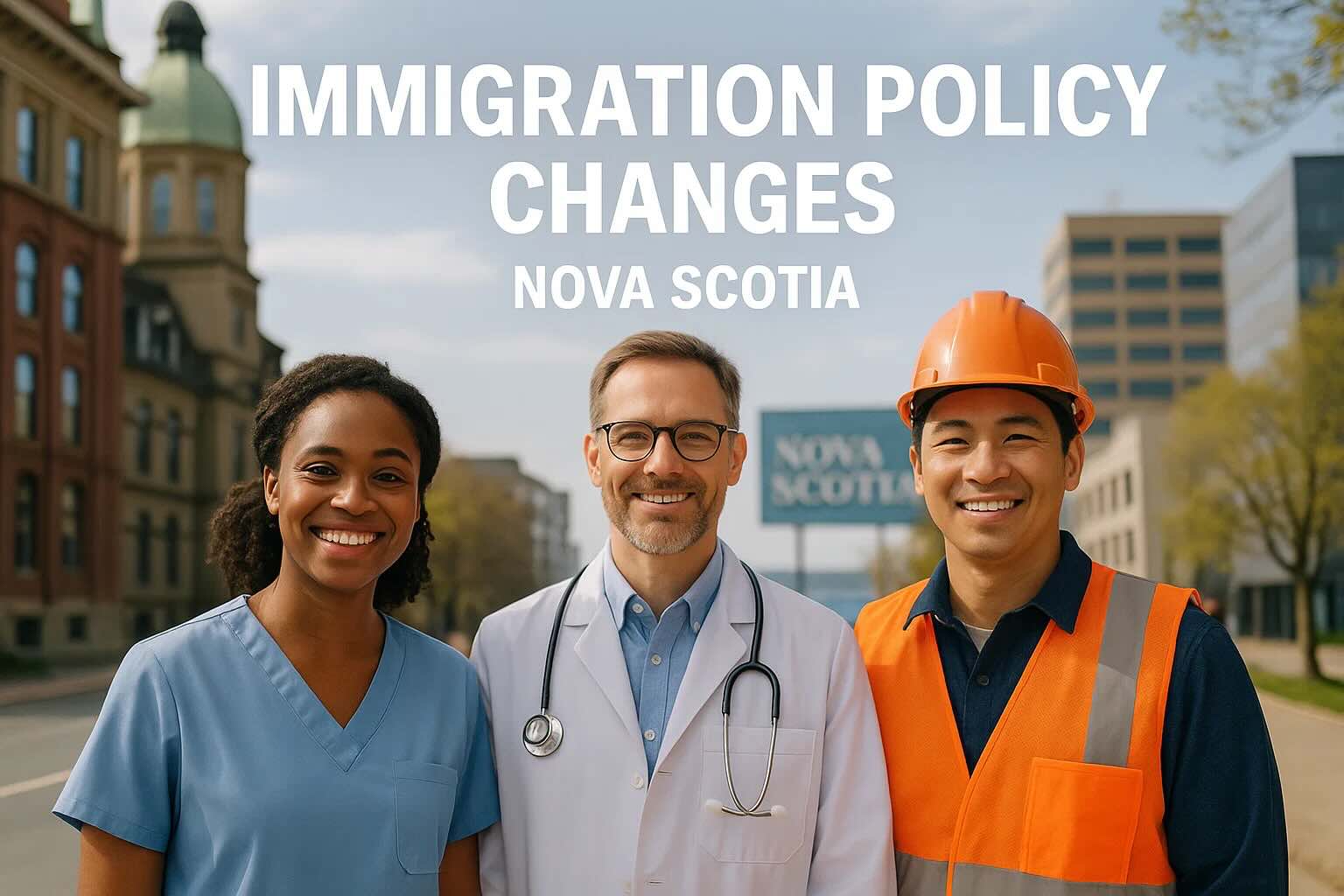Canadian Conservative Leader Pierre Poilievre has put forward a series of views on immigration policy and has stated his intention to push for reforms in the upcoming Prime Ministerial election. Poilievre's reform plans involve various aspects, including promoting economic immigration, optimizing the foreign worker program, enhancing border security, and promoting the cultural integration of new immigrants. With the prospect of him becoming the next Prime Minister in the 2025 election, his immigration policies could have a profound impact on Canada's society and economy.
1. Political Background
Since first being elected as a federal Member of Parliament in 2004, Poilievre has been active in Canadian politics. He has held several government positions, including Minister of Democratic Reform from 2013 to 2015 and Minister of Employment and Social Development in 2015. During his time in these roles, Poilievre has consistently supported economic immigration policies, viewing immigration as key to addressing Canada's labor shortages. However, since 2015, Poilievre has also begun to focus on potential issues within immigration policy, particularly concerning the management of the Temporary Foreign Worker Program (TFWP) and the setting of immigration targets.
2. Support for Economic Immigration and Reforms
As Minister of Employment and Social Development, Poilievre supported economic immigration to fill Canada's labor vacancies. For instance, in 2015, he announced funding for projects aimed at helping internationally trained doctors and engineers integrate more quickly into the Canadian job market. In his remarks in recent years, Poilievre has repeatedly emphasized streamlining processes and licensing requirements, especially in high-demand industries, to meet the needs of the labor market.
At a press conference in August 2023, Poilievre mentioned that he would prioritize accelerating the entry process for immigrants in the construction industry and stated that if he becomes Prime Minister, the Conservative government's immigration policy would be based on several key factors: the needs of private sector employers, the level of support for refugee assistance programs, and family reunification. He also proposed establishing a national medical industry practice standard to enable immigrant doctors and nurses to gain certification more quickly, alleviating the pressure on the healthcare system.
3. Reforming the Temporary Foreign Worker Program
While Poilievre has expressed support for economic immigration, he has also called for reform of the Temporary Foreign Worker Program. In 2015, as Minister of Employment and Social Development, he announced new penalties for employers who abuse the TFWP. At the same time, he stated that Canadians should have priority in employment opportunities. "The purpose of the Temporary Foreign Worker Program is precisely that - to be temporary. Canadians should rightly have priority for available jobs," Poilievre and then-Minister of Citizenship and Immigration Chris Alexander said in a joint statement.
In 2024, he reiterated this message, stating that he would limit the government's TFWP. In a speech on August 29, 2024, he said that if he became Prime Minister, he would find ways to ensure the TFWP "is used exclusively to fill jobs that Canadians cannot or do not want to do, such as in the agricultural sector, but it must never replace Canadians or depress wages."
It is worth noting that the Labour Market Impact Assessment (LMIA) confirms the need for a foreign worker by proving that no Canadian citizen or permanent resident is qualified for the position. Employers must obtain an LMIA before hiring foreign nationals through the TFWP. Poilievre's comments suggest that he believes the LMIA system is not being used properly and that Employment and Social Development Canada (ESDC) is issuing positive LMIAs even when Canadian citizens and permanent residents are qualified for the job.
4. Linking Immigration Targets to Housing Construction
Poilievre has criticized the current government's set immigration targets and stated that he would review the development of immigration policy. He proposed linking the number of immigrants to the progress of housing construction. He believes that Canada's housing supply situation must be taken into account when deciding how many immigrants to admit. In January 2024, he proposed that future immigration policy should match the number of new homes being built to ensure that the country's infrastructure can support population growth.
In addition, Poilievre has stated that if he becomes Prime Minister, he will consider factors such as healthcare and employment opportunities to adjust immigration targets.
5. Border Security and Illegal Immigration
Poilievre has expressed concern about illegal border crossings, especially after the U.S. election, a topic he has frequently mentioned. He has advocated for closing Canada's illegal immigration routes - such as Roxham Road - to prevent non-compliant border crossings. In November 2024, his stance on illegal immigration became even tougher, proposing to strengthen border patrols and technical measures to reduce illegal drug trafficking and to tighten visa rules.
In addition, Poilievre takes a cautious approach to asylum applications, believing that a cap should be set on the number of asylum seekers. He stressed that Canada welcomes refugees who are truly fleeing war, but has zero tolerance for those who abuse the asylum system.
6. Cultural Integration and Values
After being elected as the Conservative leader, Poilievre actively engaged with new immigrant communities and participated in various cultural events. He believes that Conservative values are in line with the personal values of many immigrants, especially in terms of responsibility to family, community, and country. In a recent interview, he mentioned that immigrants should "put aside past disputes" to better integrate into Canadian society.
Poilievre's position emphasizes the cultural integration of immigrants, believing that new immigrants should adapt to Canadian society and values while also actively participating in the process of building this diverse society.
7. Conclusion
As Canada's 2025 general election approaches, Poilievre's proposed immigration policy reforms are becoming a focal point for public and political observers. The policies he has proposed not only cover economic immigration, labor market needs, and border security, but also touch on the issue of cultural integration in Canadian society. If he is successfully elected as Prime Minister, Canada's immigration policy is expected to undergo a major transformation, affecting the way immigrants flow in and integrate into society in the future.









